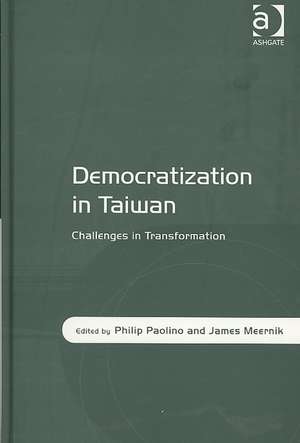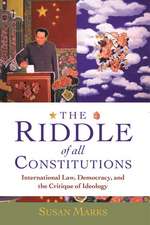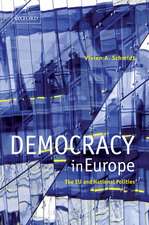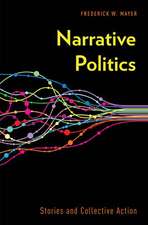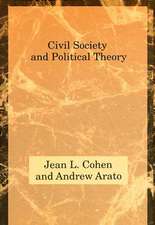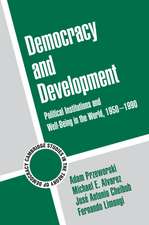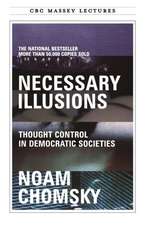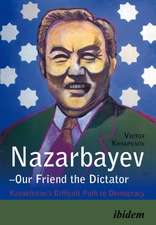Democratization in Taiwan: Challenges in Transformation
Autor Philip Paolino Editat de James Meerniken Limba Engleză Hardback – 28 mai 2008
Preț: 1057.09 lei
Preț vechi: 1289.13 lei
-18% Nou
Puncte Express: 1586
Preț estimativ în valută:
202.34€ • 219.86$ • 170.07£
202.34€ • 219.86$ • 170.07£
Carte tipărită la comandă
Livrare economică 21 aprilie-05 mai
Preluare comenzi: 021 569.72.76
Specificații
ISBN-13: 9780754671916
ISBN-10: 0754671917
Pagini: 216
Dimensiuni: 156 x 234 x 17 mm
Greutate: 0.52 kg
Ediția:1
Editura: Taylor & Francis
Colecția Routledge
Locul publicării:Oxford, United Kingdom
ISBN-10: 0754671917
Pagini: 216
Dimensiuni: 156 x 234 x 17 mm
Greutate: 0.52 kg
Ediția:1
Editura: Taylor & Francis
Colecția Routledge
Locul publicării:Oxford, United Kingdom
Cuprins
Contents: Introduction, James Meernik and Philip Paolino; Democracy in a mildly divided society, John Fuh-sheng Hsieh; Confucian belief and the effectiveness of local governance: a survey and exploration of Taiwanese local elites in 7 countries and cities, Da-Chi Liao and Herlin Chien; Cultural and political convergence and divergence: survey data across the Taiwan strait with US and Korean comparisons, Steve Chan; Comparing consensus on Taiwan democracy among the mass public and elites, Chia-hung Tsai, Lu-huei Chen and Ching-hsin Yu; Democratic commitment in Taiwan: an analysis of survey data, T.Y. Wang; Quality of political choice and popular orientation toward democracy, Eric C.C. Chang and Yun-han Chu; Referendum and democracy: the experience of Taiwan, Chi Huang; Semi-presidentialism and voters' views of divided government in Taiwan, Philip Paolino; From state entrepreneurs to political entrepreneurs: democratization and the politics of financial liberalization in Taiwan, Alexander C. Tan; The China factor in Taiwan's domestic politics, Emerson Niou; Conclusion, Philip Paolino and James Meernik; Index.
Recenzii
'In this important and timely volume some of the foremost experts in Taiwan’s politics have come together to analyze the trajectory of the island’s democratization. This is an ambitious study that should appeal to both scholars and practitioners with an interest in East Asia. It also must be considered a ' must read ' for anyone interested in democratization. ' Dennis V. Hickey, Missouri State University, USA '...a welcome addition to the literature on Taiwan's democratic consolidation and public opinion...There are a number of highly commendable aspects to this publication. The editors have gathered together some of the leading Taiwan and US based experts on Taiwan's public opinion research. Many of the top Taiwan based election studies scholars rarely publish in English, thus adding value to this book. Secondly, the chapters give English language readers their first introduction to a range of new Taiwanese datasets.' East Asia '...this book is recommended to students and scholars of democratization interested in the fascinating politics of Taiwan.' Pacific Affairs
Notă biografică
Philip Paolino is Associate Professor in the Department of Political Science, University of North Texas, USA. James Meernik is Professor in the Department of Political Science, University of North Texas, USA.
Descriere
In the post-Cold War era when America's foreign policy is focusing on how best to foster democratic transition throughout the world, the lessons that can be learned from Taiwan's democratization impart valuable lessons to students and scholars. This volume examines in particular questions concerning the state of political trust, ethnicity, democratic values and political institutions.
